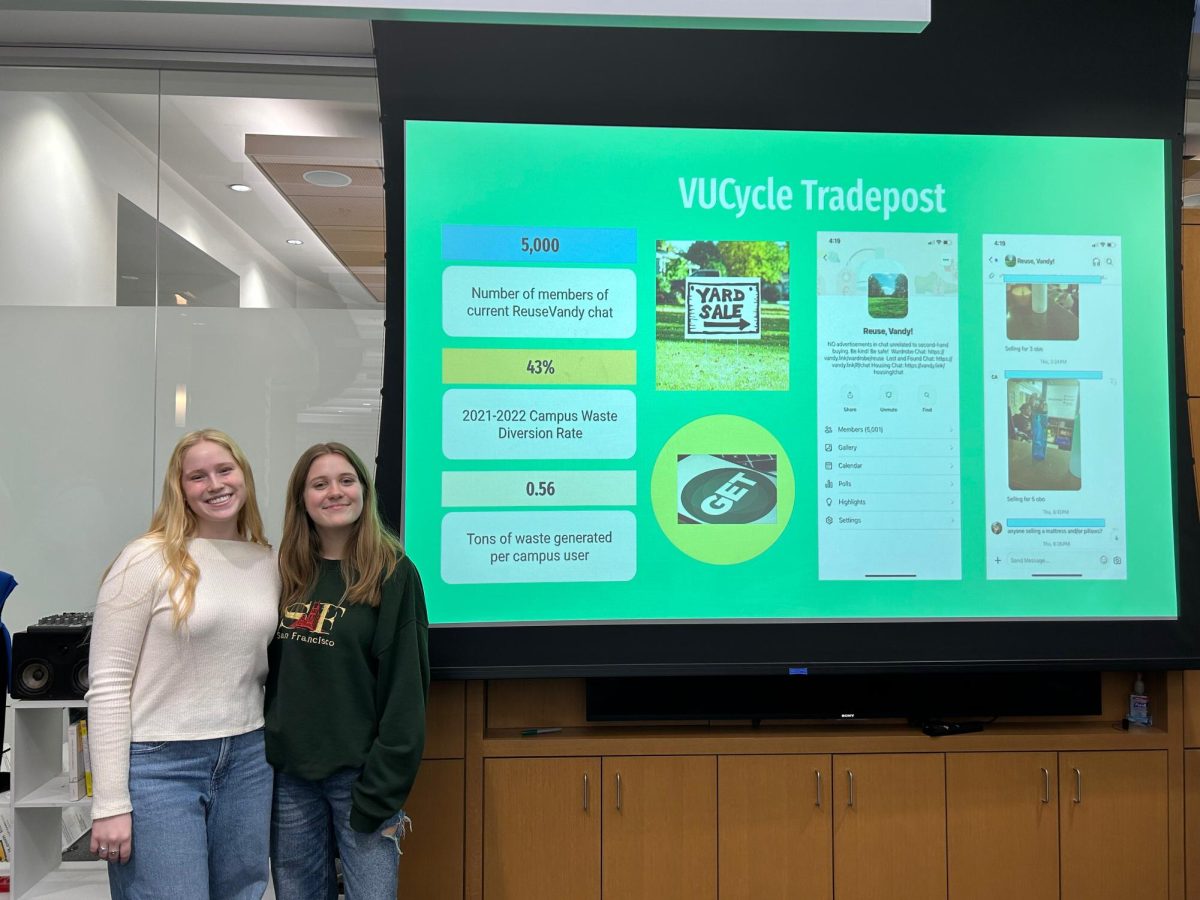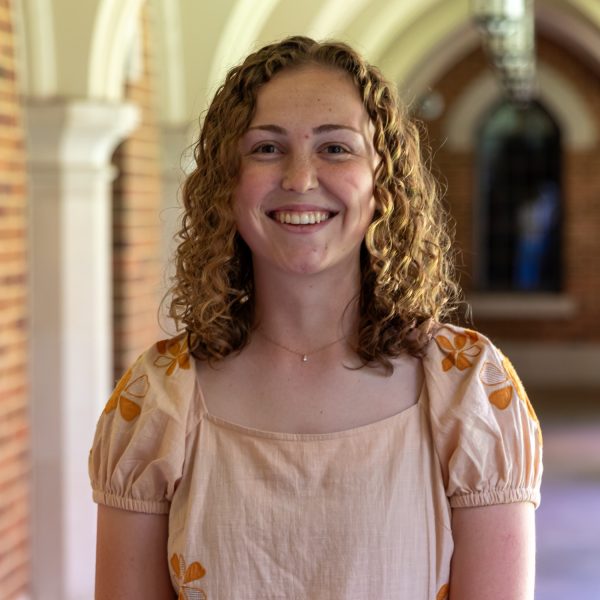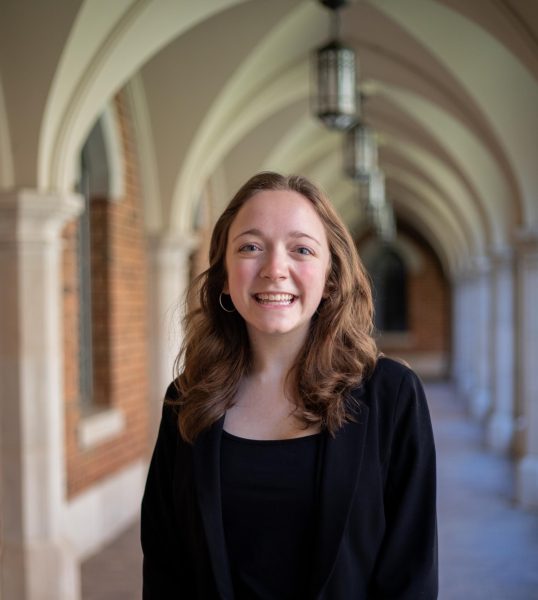Students Promoting Environmental Awareness and Responsibility had record turnout at the annual Green-a-thon pitch competition on Feb. 16. Students convened at the Wond’ry lounge to present ideas for improving sustainability on campus.
In 50 minutes, the set of over 50 students developed 19 project proposals including waste-to-energy systems in dining halls, green roofs on Branscomb and solar panels on the 25th Ave. parking garage.
Every year, the Vanderbilt Green Fund, composed of SPEAR and faculty members, selects Green-a-thon projects to finance with its annual $150,000 budget from the university. The Vanderbilt Green Fund was established in 2011 by SPEAR and Vanderbilt Student Government with the goal of reducing Vanderbilt’s greenhouse gas emissions.
The winning project was VUCycle Tradepost, a proposed digital platform allowing students to resell and donate items on the GET app, a secure, Vanderbilt-based online marketplace. The winners, sophomores Elizabeth Tucker and Emma Williams, also suggested an end-of-year campus yard sale as part of their proposal.
“Reuse Vandy has been such a huge part of recycling culture on Vanderbilt’s campus for such a long time that it feels like creating a formal channel for it has been a long time coming,” Tucker said in an email to The Hustler. “VUCycle Tradepost is meant to create a circular student economy in terms of buying and selling items that students may not want anymore.”
The Lawn Equipment Electrification project earned second place, and a geothermal energy proposal, aiming to make use of the tunnels under Stevenson as a geothermal heating and cooling system, placed third.
“Right now, Vanderbilt uses a lot of gas-powered lawn tools, but these tools have a lot of really bad pollutants,” senior Ben Tobin, whose team took second place, said. “A gas-powered leaf-blower actually has more pollutants than a Ford F-150. We want to replace the gas-powered tools that Vanderbilt uses with electric ones that don’t have any pollutants.”
Projects were judged by a board of ten faculty members who also served as consultants to students at the event, including Vanderbilt Maintenance Operations employees and professors in both engineering and climate and environmental studies.
The judges sought proposals that addressed one or more of the Green Fund’s six targeted issues: reduction of water, energy, greenhouse gas emissions and pollutants and waste, clean energy and education on reducing consumption. The projects are expected to be environmental and economic, decreasing Vanderbilt’s carbon footprint and saving money.
During the brainstorming session, faculty members helped students with projects in their areas of expertise.
“We had some premade ideas, but collaborating with the professors was really impactful,” first-year Michaela Wolfe said. “They allowed us to know which ideas would be implementable on campus, and they helped pinpoint some issues that could arise.”
All students, including those who did not attend the event, can submit their final proposals through a Google form until March 6 for a chance to make it to a final round of judging. The winning project at the Green-a-thon, VUCycle Tradepost, automatically advanced to the final round of consideration.
Senior Elsie Jacobsen, lead coordinator of the Green Fund, said it takes a long time for projects like this to get funded, and added that she looks forward to reviewing the proposals during the three rounds of screening after March 6. Five to six projects are typically implemented each year, according to Jacobsen.
“Some of [the ideas] were really outside-the-box, and I appreciate that,” Jacobsen said. “It’s always good to see people who care about this stuff. I think it’s really fun.”





